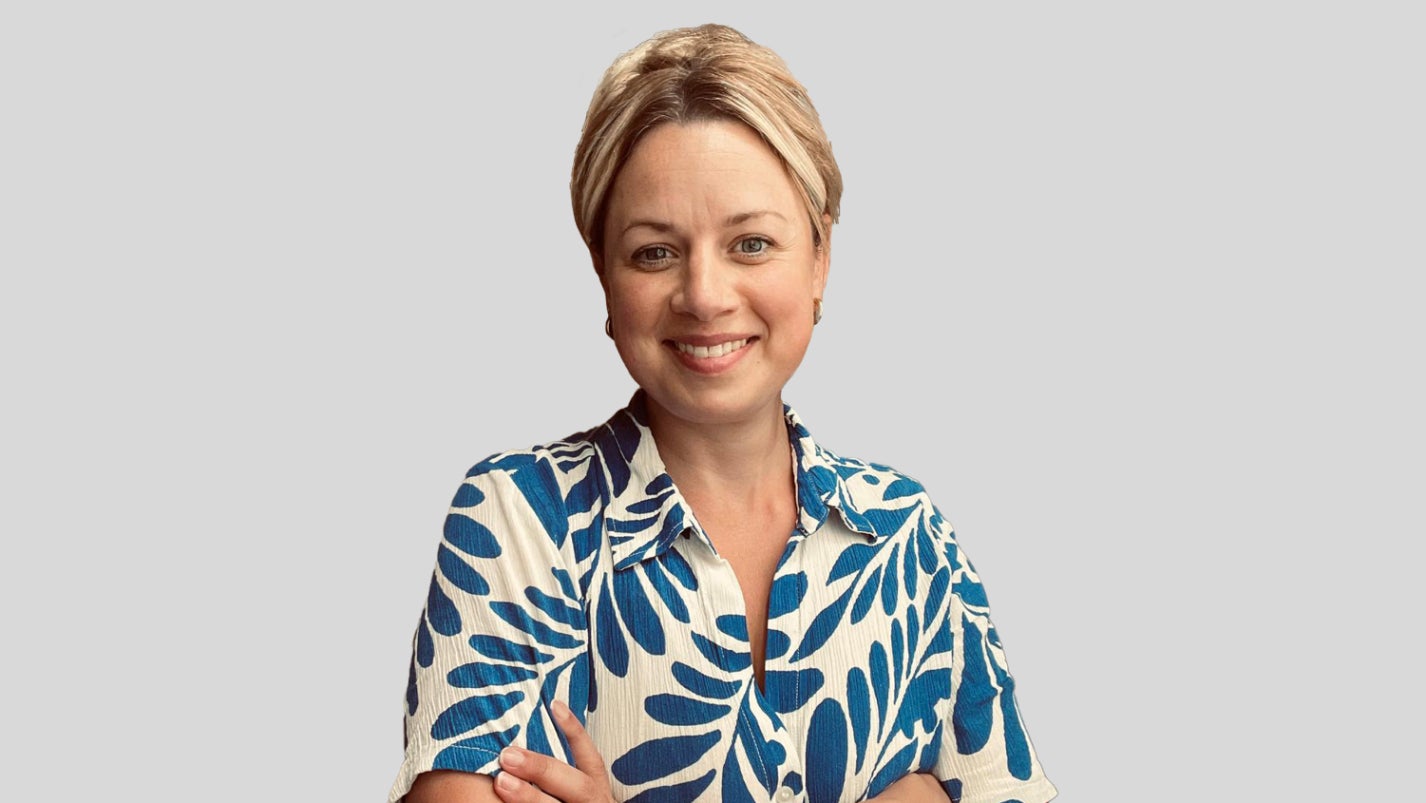Brands still hesitant about getting on board as sponsors of women's sports properties are going to be left behind by those that do.
That's according to Hannah Bostock, a senior director at the CAA Sports Brand Consulting division of the heavyweight Creative Artists Agency (CAA) firm, who is heavily involved with the agency's myriad of projects across the fast-growing women's sports space.
Speaking on an episode of the GlobalData Sport podcast, Bostock - who has been at CAA since September 2018 - explains: “Potential brands and sponsors have to join this bandwagon early - they don’t want to miss out.”
She adds: “We need to make sure that brands are seeing [tie-ups in women’s soccer] as long-term investment and not just as short-term goodwill.”
This conversation took place earlier in the ongoing 2025 UEFA Women's European Championships national team tournament in Switzerland, at which there have been significant rises - from the previous edition - in both media rights and sponsorship values for the event
Referring to the former revenue stream - which a GlobalData Sport report has found is contributing around $100 million in revenue for UEFA this tournament - Bostock says this level of media rights income is “what we really want to see and be hearing.”
Specifically, Bostock has been interviewed following the release of GlobalData Sport’s ‘The Business of UEFA Women’s European Championship’ report, which details team and tournament-wide sponsorship and media rights data, as well as additional revenue information and social media data.
She adds, regarding the constant ‘reach versus revenue’ debate for sports, and women’s sports in particular, that in her opinion “we need to be continuing to see it on free-to-air…
“That’s quite obvious, when you think about it being behind a paywall … We want to increase grassroots involvement in women’s sport and can only do that when young girls can see the action on screen.
“I think free-to-air is really where we should be focusing.”
Currently, the vast majority of Women’s Euros broadcasters are free-to-air, with the 16-team tournament being shown by media rights partners including the BBC and ITV in the UK, France Televisions, Rai in Italy, Germany's ARD and ZDF, and TVE in Spain. Indeed, the last few weeks have seen significant audiences in countries whose teams are competing at the event - in the UK, for example, both the BBC and ITV have secured hugely impressive viewing figures for England’s knockout fixtures.
It is partly these audiences that lead Bostock to call the tournament “not just a competition, [but] a major cultural event … Each Euros is bringing more eyes and fans."
Turning back to sponsorship of women’s sport, as a whole, Bostock feels that brands “need to be doing it in an authentic way,” adding that the authenticity of players at the Euros, and how fans can relate to that, is something which companies need to be looking to harness.
She says, referencing the conversations around which teams and players take on which sponsors: “They’ve got to be intelligent and make sure they have the right brand - it’s not always just about those dollar signs.
“By brands showing up authentically … they’re able to do it in a different and exciting way.
“Now, we’re seeing brands [that go down that path] take advantage of the benefits within the women’s game.”
The ongoing event has 20 main sponsors, and Bostock feels that the question of whether this number - and their value - will increase by 2022 “is a really difficult one to predict.”
Bostock also feels that the sponsors who are coming into women’s soccer now are “helping to break down barriers,” when it comes to making the sport accessible and visible to all, referencing those who are playing roles in the grassroots development of that game.
When discussing what the next steps are for women’s soccer, over the next few years, meanwhile, the CAA director is insistent on the need for increased competitiveness.
Asked what she wants to see more of over the next five to 10 years, she says: “Exciting games, right? So that all comes from grassroots investment. We've got to make sure that more and more nations are upping their games.
“We want to see competitive football, and that's what the audiences want to see too. So the more competitive we can make the sport, the larger the audience it will attract.
“The potential of women’s sport [as a concept] is long gone by now - it’s the power of women’s sport instead, the opportunity for brands to be in there.”









